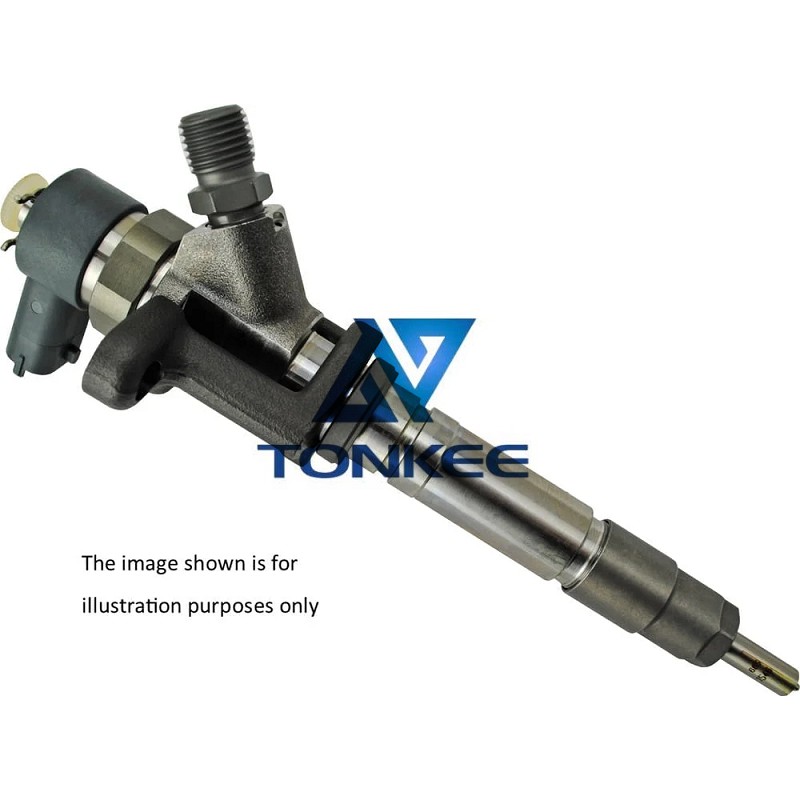
Injection Pressure: Common rail diesel injectors operate at extremely high pressures, usually in the range of 1,000 to 3,000 bar (14,500 to 43,500 psi).
High-pressure injection results in better atomization of fuel, leading to improved combustion and reduced emissions.
Nozzle Design: The nozzle of the injector is carefully engineered to provide a fine and consistent fuel spray pattern, which is essential for efficient combustion and reduced emissions.
Fuel Flow Rate: The flow rate of the injector refers to the amount of fuel delivered per unit of time. The flow rate is crucial in determining the engine's power output and efficiency.
Durability: Diesel injectors need to withstand the high pressures and temperatures in the combustion chamber.
They are typically made from durable materials and are precision-engineered for long-lasting performance.
Electronically Controlled: Common rail diesel injectors are often electronically controlled to precisely time the injection and vary the amount of fuel delivered. This control allows for improved fuel efficiency and reduced emissions.
Compatibility: The Perkins 2645A746 injector would be designed to work with specific engine models and applications. Compatibility with the engine is crucial to ensure optimal performance.
Emissions Compliance: Modern diesel engines must comply with stringent emissions regulations. Diesel injectors play a critical role in achieving cleaner combustion and meeting emission standards.



 English
English Русский язык
Русский язык



